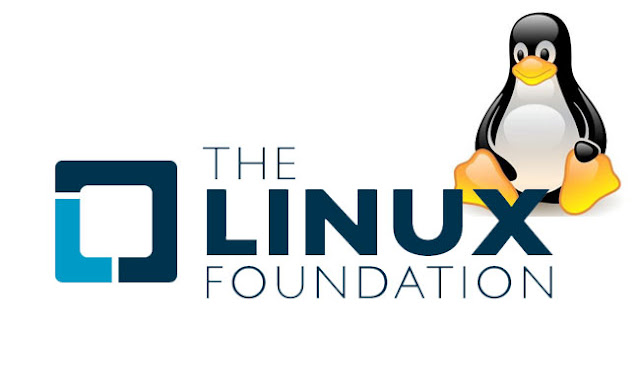The Linux Foundation Decentralized Trust by the non-profit Linux Foundation is set to be launched very soon.
In response to the increasing demand for decentralized systems, this trust will be established to lead the way in developing blockchain and digital identity technologies.
The Linux Foundation has a long-standing tradition of fostering the expansion of open-source software initiatives and the development of sustainable ecosystems around open-source technologies. Currently, the primary emphasis is on decentralized innovations and blockchain technology.
A Center for Open Development
LF Decentralized Trust will integrate the Linux Foundation’s extensive portfolio of blockchain and digital identity initiatives, as indicated in a shared press release.
The move is intended to facilitate the hosting of new open-source software and communities, as well as standards and specifications essential for developing a decentralized distributed trust ecosystem. The initiative will ease the transition of industries to more secure, transparent, and efficient infrastructures.
“We are broadening our dedication to open-source innovation by incorporating a broader range of decentralized technologies with LF Decentralized Trust.” Jim Zemlin, the executive director of the Linux Foundation, stated that this new Foundation will empower the community to establish a more resilient ecosystem that promotes transparency, security, and efficiency in global infrastructure.
The trust will function as a central center for developing diverse technologies, such as ledgers, identity systems, security protocols, interoperability solutions, and scalability enhancements.
It is designed to promote innovation and collaboration by utilizing the strengths of the current Hyperledger projects and introducing new initiatives to address the broader requirements of the decentralized technology landscape.
Fostering Collaborations and Innovation
The Linux Foundation has already succeeded in advanced initiatives across various domains, such as cloud computing and networking. Currently, it is concentrating on decentralized technologies.
Asset tokenization is anticipated to be among the numerous sectors undergoing a metamorphosis due to the transition to decentralized technologies. The Boston Consulting Group’s research, which the Foundation cited, predicted that asset tokenization would reach $16 trillion by 2030.
By this, the nonprofit organization intends to establish LF Decentralized Trust as a critical player in facilitating the sector’s attainment of the anticipated result within the designated time frame.
Furthermore, the initiative will upgrade the fundamental infrastructures of the finance, commerce, government, and healthcare sectors. Supporting the development of technologies that undergird a digital-first global economy, LF Decentralized Trust will also encourage collaboration and innovation.
Daniela Barbosa, the blockchain and identity general manager at the Linux Foundation, expressed the same sentiment as Zemlin in her response to the recent development. She disclosed that the anticipated implementation of “LF Decentralized Trust” will cultivate and expand a broader community and technology portfolio to provide the transparency, reliability, security, and efficiency required to modernize critical systems globally.



